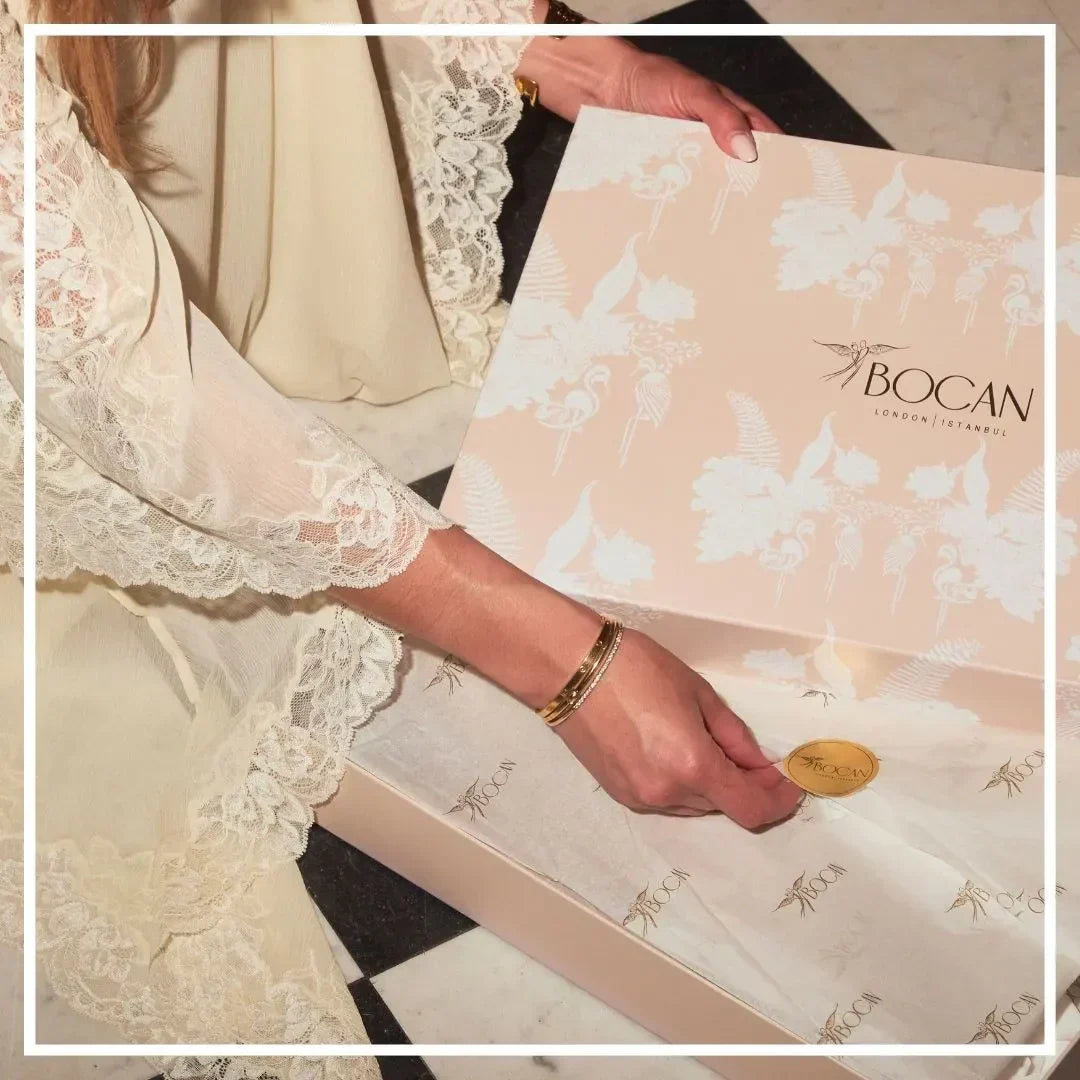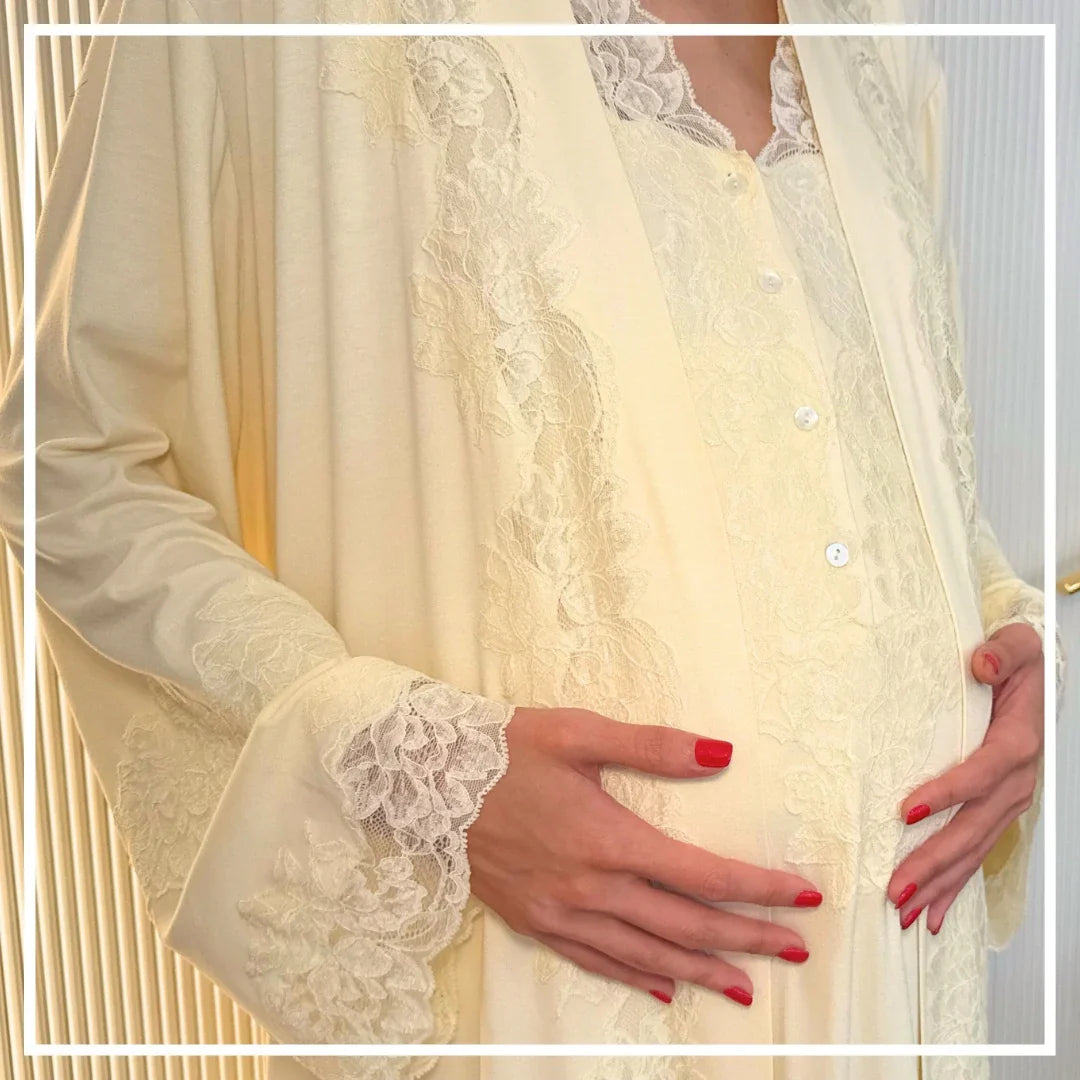
As the world adapted to the new normal, there is no doubt that COVID-19 had a devasting effect on the retail sector, but 2020 has also changed the way we shop and dress. But, will we look back on fashion history in 2020 as the transformation to more sustainable ideals and away from fast fashion. The global health crisis that had us all staying at home has also been responsible for transforming our wardrobe and fashion choices.
Trend forecasters are calling 2020 the “great loungewear pivot” and will have implications across retail for many years to come. Consumers are taking comfort in cashmere joggers, or luxurious pyjamas that offer a more dressed up and put together look. Let’s face it, pyjamas don’t have to be a baggy t-shirt and old work-out joggers. If 2020 has taught us anything, it is the need to treat ourselves and make staying in, the new going out.
We’re all about loungewear
2020 has been the year of loungewear. Whether we’re relaxing at home with the latest Netflix drama, or needing something a bit smarter than pyjamas to make endless zoom calls, it’s clear that the idea of loungewear is here to stay.
It’s unlikely that this trend will disappear off into the distance, as clothing that is more comfortable and streamlined is something that we’ve been seeing across the more luxury fashion sector for the last few years. But it is down to the recent pandemic, that we have seen the most significant change.
Ecem Bocan, founder of Bocan Couture says, “the shift to more comfortable and luxurious clothing has grown in the last ten months, but it defiantly hasn’t come out of nowhere. We were seeing the trends shift slightly from our customer data before the pandemic started. But now, whether it is indulging in the latest binge-worthy show, working from home, or having endless zoom meetings, then there is no reason to not wear comfortable clothing that borders the loungewear/ pyjama divide.”
A pandemic-driven fashion choice, or a new category set to drive fashions future?
Whether you’re a loungewear fan, or not. You can’t argue with data. Google search gives us one of the most significant indicators of current and upcoming trends. Google trends are showing searches for ‘loungewear’ up 85% on the same time as last year, and ‘loungewear sets’ are up by a huge 245%. Online culture is driving retail and fashion trends, especially in luxury sectors and brands with online luxury retailers seeing a rise in sales.
And with fashion brands shifting more efforts into online to stay connected to users, we’ve seen a move away from fast-fashion retailers, such as Primark, who stores were forced to close. Fast fashion refers to clothing that is mass-produced quickly in large textile factories, and only sold for a short period. According to figures, we spend over £27 billion on 50 million outfits for festivals, day trips or holidays that are only worn once. But online luxury retailers are offering more investment pieces, that will be kept forever.
What’s next for 2021
With consumers unable to browse physical shops during lockdown, it is leading to more independent sellers developing their online offering. At Bocan, online has always been important to us, but were able to make extra investment to make sure our customers got the same experience that they would expect in store.
Ecem, continues, “thankfully, we’ve been very lucky during the pandemic and our online sales have increased. Before this crisis began, we would sell our collections in our boutique, but this has obviously changed. Our customers are really busy, and this crisis has given them time to focus on themselves. Each one of our pieces in handmade and offers something special to its new owner.”
“Bocan took the opportunity to support a sister through a partnership with Women for Women International. As we know that so many people have been affected by everything that has happened this year.”
As we emerge from a post-covid world, fashion looks to be moving to a more sustainable future. Shoppers are wanting brands to meet their sustainability needs and has strengthened the demand for sustainable practices. These trends are likely to affect practices in the supply chain and shake things up.
In 2021, consumers will choose fashion brands that have a purpose, or that are giving back to communities and charities, because the pandemic has taught us more about supporting others where we can. They will also look at more sustainable fashion options, with an idea of investing in timeless pieces, rather than something that they might get rid of after one wear.
This article originally appeared here.




